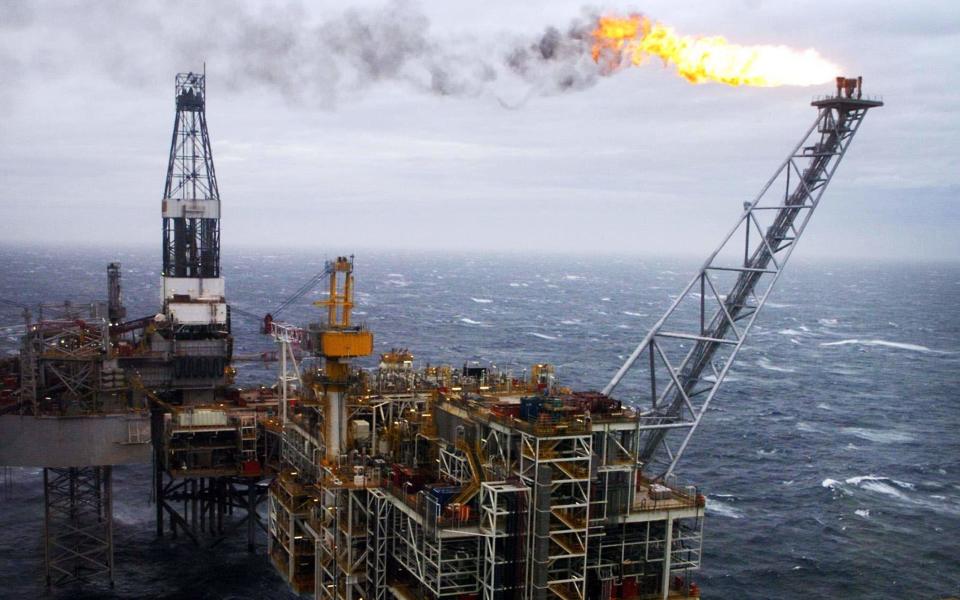Independence referendum threat 'headwind' for Scottish firms

The prospect of a second independence referendum will damage Scotland’s economic growth and create an additional “headwind” for companies, a respected economic think has warned.
Researchers at Strathclyde University's Fraser of Allander Institute predict the Scottish economy will continue to lag behind the UK, largely due to the downturn in the North Sea oil and gas industry.
In the three months to September 2016, the Scottish economy grew only by 0.2 per cent while the UK economy grew by 0.6 per cent. Over the previous year Scotland's GDP increased by just 0.7 per cent compared to a UK increase of 2.2 per cent.
Graeme Roy, the institute’s director, said it was now “incumbent” on the Scottish Government to provide additional support for companies north of the Border.
His warning came as Professor Anton Muscatelli, principal of the University of Glasgow, warned exiting the EU without a trade deal would have "stark, catastrophic and unavoidable" economic consequences.
Addressing an audience at the university's Bute Hall, he urged the UK Government to avoid a "cliff-edge" Brexit and a reversion to World Trade Organisation rules regardless of the political costs.
However, the head of a leading wealth management company said that independence is “an economic catastrophe threatening Scotland”.
Mihir Kapadia, the chief executive and founder of Sun Global Investments, highlighted Scotland’s £15 billion deficit and noted it would be the highest in the EU after independence. He said: “It is going to be a hard battle ahead if Scotland falls for populism under SNP.”

The Fraser of Allander report found in the decade since the start of the financial crisis, the Scottish economy has grown by an average of just 0.7 per cent each year - less than a third of its long-term trend.
Mr Roy said: "Irrespective of your views over the long-term benefits of Brexit or independence, the increase in uncertainty caused by the triggering of Article 50 and the prospects of a second independence referendum will act as a headwind for many businesses.
“Just as it is the responsibility of the UK Government to provide clarity and reassurance wherever possible through the Brexit process, it is incumbent on the Scottish Government to do likewise around independence and to re-double their efforts to support the Scottish economy through these unprecedented times."
His warning came after Mervyn King, the former Governor of the Bank of England, said Scotland could be independent but warned this would be “expensive.”
Lord King of Lothbury told the BBC’s Newsnight programme: “If the oil price remains low and if they lose the money which is transferred from the rest of the United Kingdom to Scotland, then they would have to make that up in their own budget, but that's a consequence of deciding to be financially independent, you end up paying for yourself.
"And it would be a challenge, I think, to borrow on the international market if Scotland decided to run a large budget deficit. I think that would be expensive, the interest rate would go up.”

 Yahoo News
Yahoo News 
